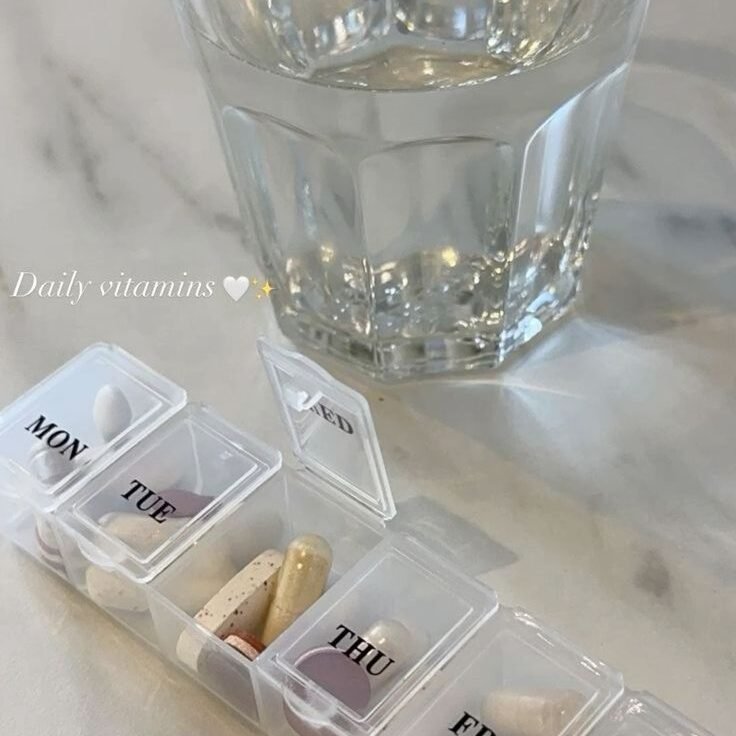Introduction
Vitamin A is an essential nutrient that plays a vital role in maintaining overall health. Known for its benefits to vision, immune function, and skin health, Vitamin A is crucial for various bodily functions. This article explores the importance of Vitamin A, its health benefits, sources, recommended intake, and how to avoid deficiency.
What is Vitamin A?
Vitamin A is a fat-soluble vitamin that comes in two primary forms:
- Preformed Vitamin A (Retinoids): Found in animal products like meat, fish, and dairy.
- Provitamin A (Carotenoids): Found in plant-based foods like fruits and vegetables, which the body converts into retinoids.

Nutritional Profile of Vitamin A
Vitamin A is rich in essential nutrients that support various bodily functions, including:
- Retinol: The active form that supports vision and immune function.
- Beta-Carotene: An antioxidant that the body converts into retinol.
- Other Carotenoids: Including lutein and zeaxanthin, which support eye health.
Health Benefits of Vitamin A
Vitamin A offers a wide range of health benefits, contributing to overall well-being:
Vitamin A for Vision
One of the most well-known benefits of Vitamin A is its role in maintaining healthy eyesight:
- Prevents Night Blindness: Essential for the production of rhodopsin, a pigment necessary for low-light vision.
- Reduces Risk of Age-Related Macular Degeneration: Protects against deterioration of the retina.

Immune System Support
Vitamin A plays a critical role in boosting the immune system:
- Enhances White Blood Cell Function: Supports the production and function of white blood cells, which fight infections.
- Maintains Mucosal Barriers: Protects the linings of the respiratory, digestive, and urinary tracts.
Skin Health and Anti-Aging
Vitamin A is a key nutrient for maintaining healthy, youthful skin:
- Promotes Cell Turnover: Helps shed dead skin cells and regenerate new ones.
- Reduces Acne: Regulates skin cell production and reduces inflammation.
- Fights Wrinkles: Stimulates collagen production, improving skin elasticity.
Reproductive Health
Vitamin A is essential for reproductive health and development:
- Supports Fertility: Plays a role in sperm production and ovum development.
- Fetal Development: Crucial for the growth and development of embryos.

Bone Health
Vitamin A contributes to the maintenance of healthy bones and teeth:
- Enhances Bone Growth: Works with other nutrients like vitamin D and calcium.
- Prevents Osteoporosis: Reduces the risk of bone fractures in older adults.
Antioxidant Properties
Vitamin A has powerful antioxidant properties that protect against cellular damage:
- Fights Free Radicals: Neutralizes harmful molecules that can damage cells and lead to chronic diseases.
- Supports Overall Health: Reduces the risk of chronic illnesses like heart disease and cancer.

Sources of Vitamin A
Vitamin A can be obtained from a variety of food sources:
- Animal Sources: Liver, fish oils, eggs, and dairy products.
- Plant Sources: Carrots, sweet potatoes, spinach, kale, and other leafy greens.
Recommended Daily Intake
The recommended daily intake of Vitamin A varies by age and gender:
- Infants (0-12 months): 400-500 micrograms (mcg) of Retinol Activity Equivalents (RAE).
- Children (1-8 years): 300-400 mcg RAE.
- Males (9-13 years): 600 mcg RAE.
- Females (9-13 years): 600 mcg RAE.
- Males (14+ years): 900 mcg RAE.
- Females (14+ years): 700 mcg RAE.
- Pregnant Women: 770 mcg RAE.
- Lactating Women: 1,300 mcg RAE.

Vitamin A Deficiency
A deficiency in Vitamin A can lead to several health problems:
- Night Blindness: One of the earliest signs of Vitamin A deficiency.
- Xerophthalmia: A condition that can lead to blindness due to dryness and damage to the cornea.
- Increased Susceptibility to Infections: A weakened immune system can lead to more frequent and severe infections.
- Skin Issues: Dry, rough skin and other dermatological problems.
Potential Risks and Precautions
While Vitamin A is essential, it’s important to consume it in appropriate amounts:
- Hypervitaminosis A: Overconsumption can lead to toxicity, causing symptoms like dizziness, nausea, and even more severe health issues.
- Pregnancy: High doses of Vitamin A can cause birth defects. Pregnant women should monitor their intake carefully.
- Interaction with Medications: Vitamin A can interact with certain medications, so it’s important to consult a healthcare provider if you’re taking any prescription drugs.

Interplay with Other Nutrients
Vitamin A works synergistically with other nutrients to enhance its benefits:
- Vitamin D and K2: These vitamins work together to support bone health.
- Zinc: Essential for the conversion of beta-carotene to retinol.
- Fat: Since Vitamin A is fat-soluble, consuming it with dietary fat enhances its absorption.
Myths and Misconceptions
There are several myths surrounding Vitamin A:
- More is Better: While Vitamin A is crucial, more is not always better. It’s important to stick to recommended daily allowances.
- Only Carrots Provide Vitamin A: While carrots are a good source, there are many other foods rich in Vitamin A, both plant and animal-based.

FAQs
What are the health benefits of Vitamin A? Vitamin A supports vision, boosts the immune system, promotes skin health, supports reproductive health, and maintains bone health.
How much Vitamin A should I take daily? The recommended daily intake varies by age, gender, and life stage. Generally, adult men need about 900 mcg RAE, and adult women need about 700 mcg RAE.
Can I get enough Vitamin A from my diet? Yes, consuming a balanced diet with both animal and plant sources of Vitamin A can provide adequate amounts.
What are the signs of Vitamin A deficiency? Signs include night blindness, dry eyes, increased infections, and skin issues.
Can too much Vitamin A be harmful? Yes, overconsumption can lead to hypervitaminosis A, causing symptoms like dizziness, nausea, and more severe health issues.
Is Vitamin A safe during pregnancy? Vitamin A is essential during pregnancy, but it’s important not to exceed recommended amounts due to the risk of birth defects.
Conclusion
Vitamin A is a vital nutrient that supports numerous aspects of health, from vision and immunity to skin health and bone strength. By including a variety of Vitamin A-rich foods in your diet, you can ensure you receive the benefits this essential vitamin has to offer. As always, moderation is key, and it’s important to follow recommended guidelines to avoid potential risks.

